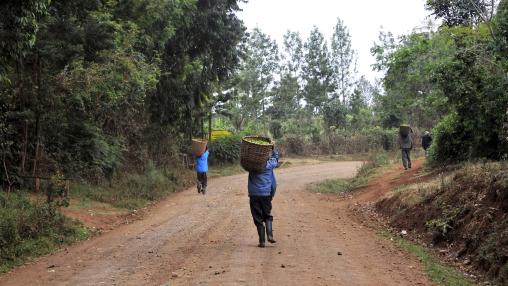
Food Self-Sufficiency Not Enough for Food Security, New Research Suggests
Does Africa need food self-sufficiency to achieve long-term food security?
Not necessarily, according to new research from IFPRI.
With food security continuing to deteriorate across the region and an estimated 600 million people expected to be chronically undernourished by 2030, shoring up Africa’s food and nutrition security has become a priority for the region’s policymakers. This perceived need has been further highlighted by recurring shocks to global food markets, including the 2008 food crisis, the COVID-19 pandemic, and the Russia-Ukraine war.
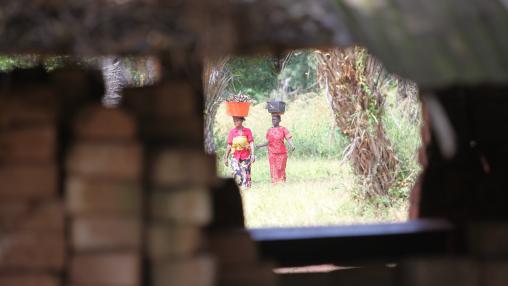
Conflict Continues to Drive Food Crisis in Congo
Forty percent of the population of the Democratic Republic of Congo (DRC) is currently facing IPC Phase 3 (Crisis) or above food insecurity, according to a new IPC country report. Continuing conflict, extreme weather events and other natural disasters, and displacement of large swathes of the population have all contributed to protracted food insecurity in the country.
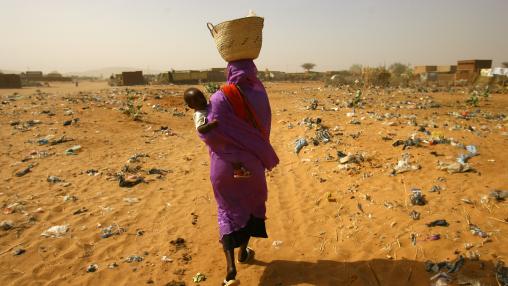
Sudan Faces Risk of Widespread Famine, Says New IPC and FEWS Net Alerts
As conflict worsens in Sudan, the country is facing unprecedented levels of acute food insecurity and malnutrition, according to a new alerts from both Integrated Food Security Phase Classification (IPC) and FEWS Net.
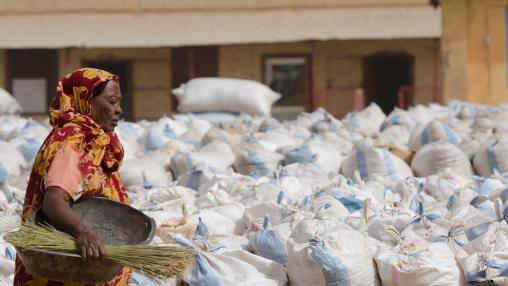
Sudan’s ongoing conflict disrupts agrifood processing and aggravates unemployment
The continuing conflict in Sudan between the Sudan Armed Forces (SAF) and the paramilitary Rapid Support Forces (RSF), underway since April 2023, is inflicting devastating impacts on the country’s economy and on livelihoods. Model estimates show that production declines across different sectors have resulted in a loss of about $10 billion to GDP—about a third—as of September.
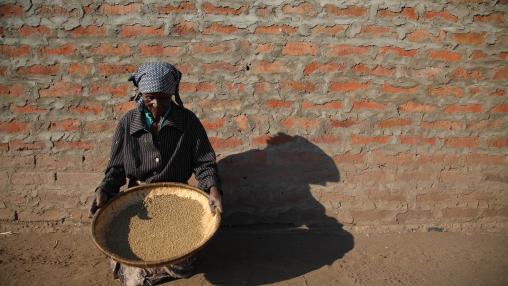
Southern Africa to Face High Food Prices, Reduced Purchasing Power through 2025
The current El Niño phenomenon is expected to result in rainfall deficits and below-average harvests throughout Southern Africa in 2024, according to a recent alert from FEWS Net. Poor households throughout the region will likely face reduction in livelihoods and income and difficulty purchasing adequate food.
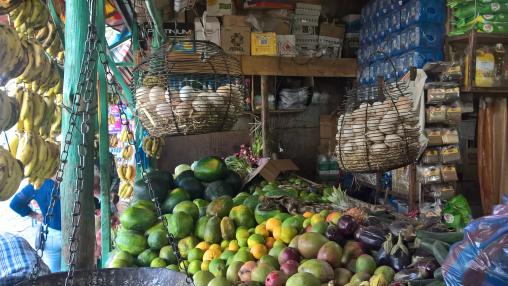
Encouraging Healthy Diets in East Africa: The Role of Food Prices and Consumer Preference
Access to and consumption of healthy diets, including fruits and vegetables, forms a key pillar of food security. Consumption of nutritious foods have been shown to reduce the risks of non-communicable diseases like diabetes and heart disease and to cut rates of early morbidity and mortality. Despite these benefits, however, the world’s population continues to overconsume unhealthy foods, such as those high in sugar, fats, and salt, and underconsume healthier foods.
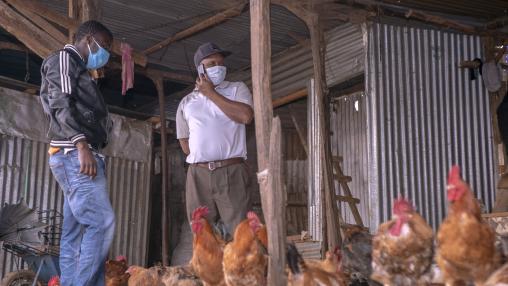
COVID-19, Food Access, and Food Insecurity in Rural Africa
The COVID-19 pandemic continues to have wide-ranging impacts on living standards, poverty, food insecurity, and economic stability across the globe. For low-income regions like Africa south of the Sahara (SSA), these impacts are particularly devastating. Many countries in SSA struggled with food insecurity before the outbreak of COVID-19, and the pandemic has only exacerbated those challenges by disrupting domestic food value chains, reducing remittances and other income, and lowering populations’ purchasing power and food access.
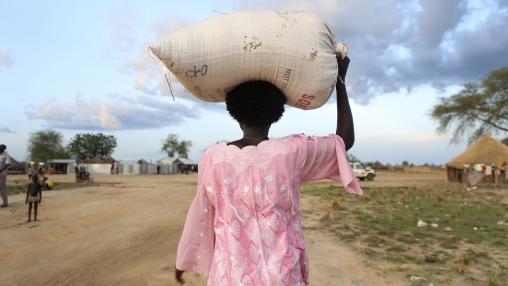
Acute Hunger Continues to Rise Globally: Global Report on Food Crises Mid-Year Update Released
Alarming levels of hunger and food insecurity are on the rise across the globe. According to the September 2021 mid-year update to the 2021 Global Report on Food Crises (GRFC), an estimated 161 million people in 42 countries/territories have faced Crisis-level (IPC/CH Phase 3) food insecurity or higher. This number is up from the estimated 155 million acutely food-insecure people reported by the GRFC for 2020.
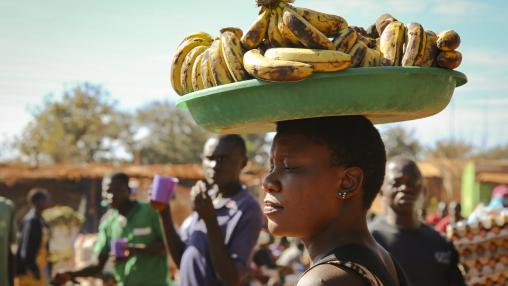
More African Countries Facing Acute Food Insecurity, According to Latest AGRA Food Security Monitor
The number of African countries facing acute food insecurity rose in June, according to the latest AGRA Food Security Monitor. The Food Monitor defines acute food insecurity as occurring when more than 50 percent of the population lacks access to sufficient food supplies. Acutely food-insecure countries in the region now include South Sudan (60%), Burkina Faso (59%), and Mali (58%).
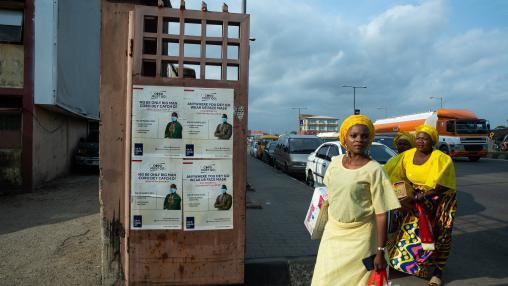
How should we measure food security during crises? The case of Nigeria
High-frequency monitoring of access to food has become especially important during the recent COVID-19 pandemic. Food access in Nigeria, and across the globe, has significantly worsened since the start of the pandemic due to significant disruptions to food supply chains and widespread loss of income. Poor access to food can have both short- and long-term impacts on health and wellbeing and is thus an important targeting criteria.